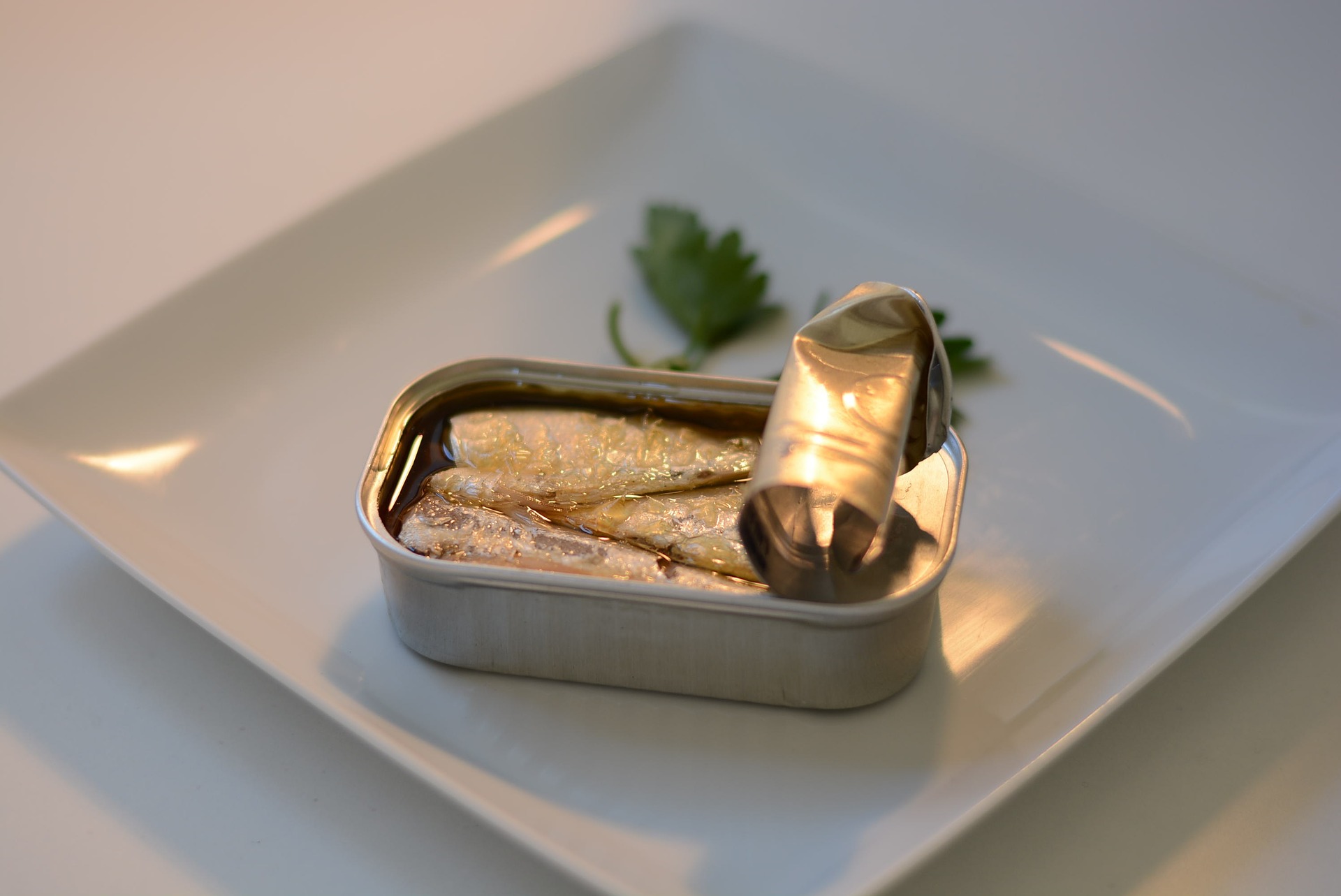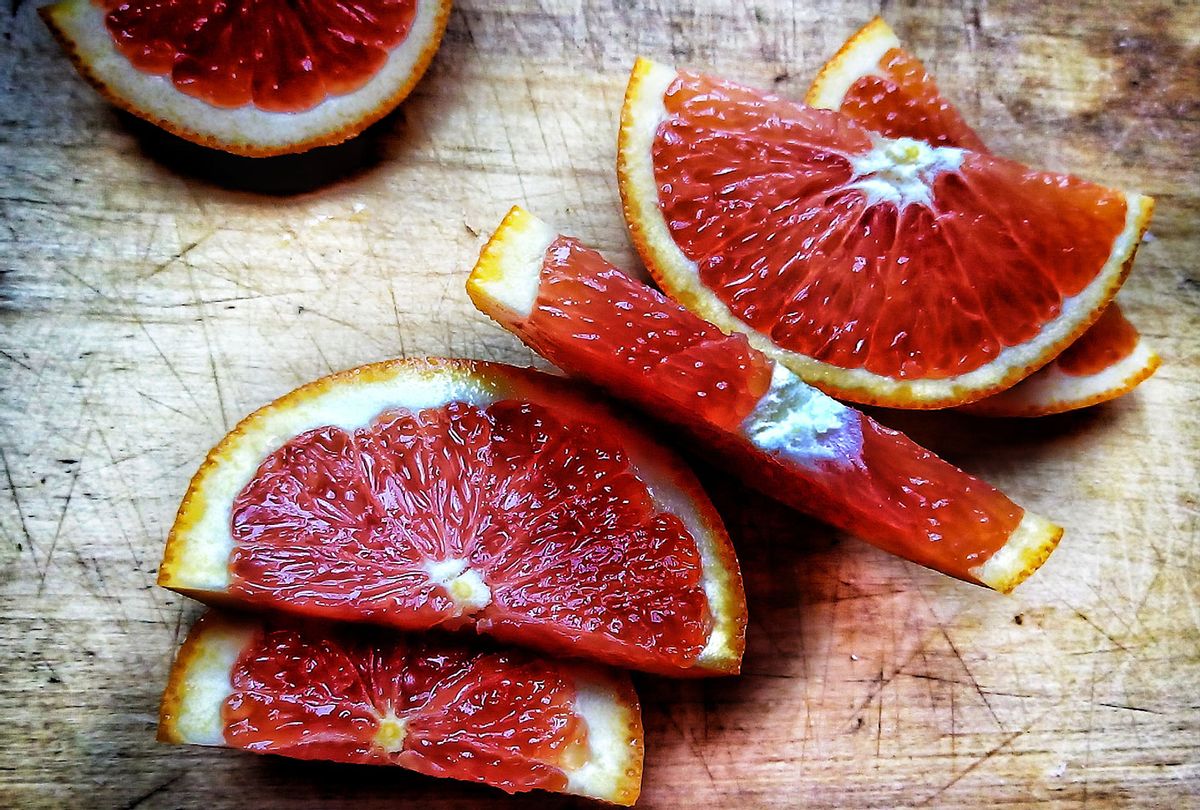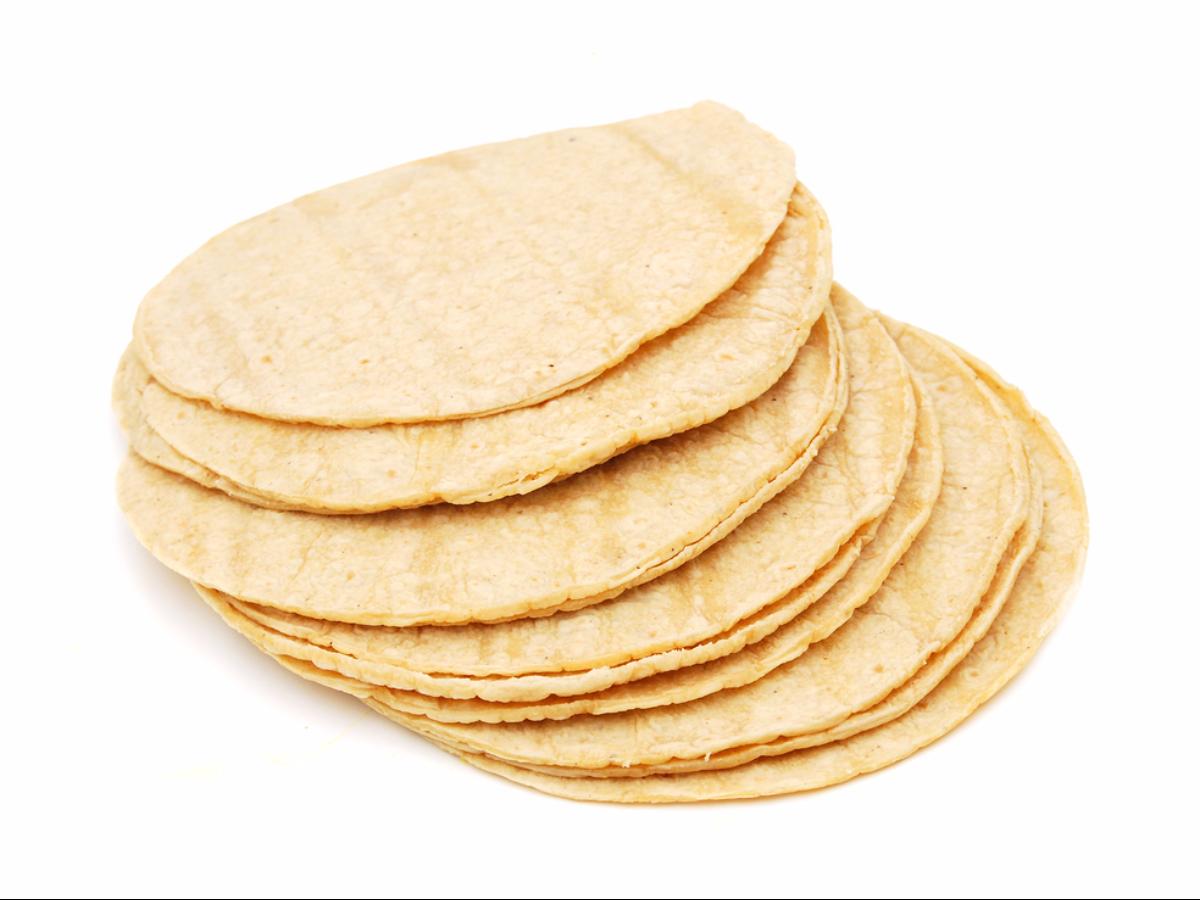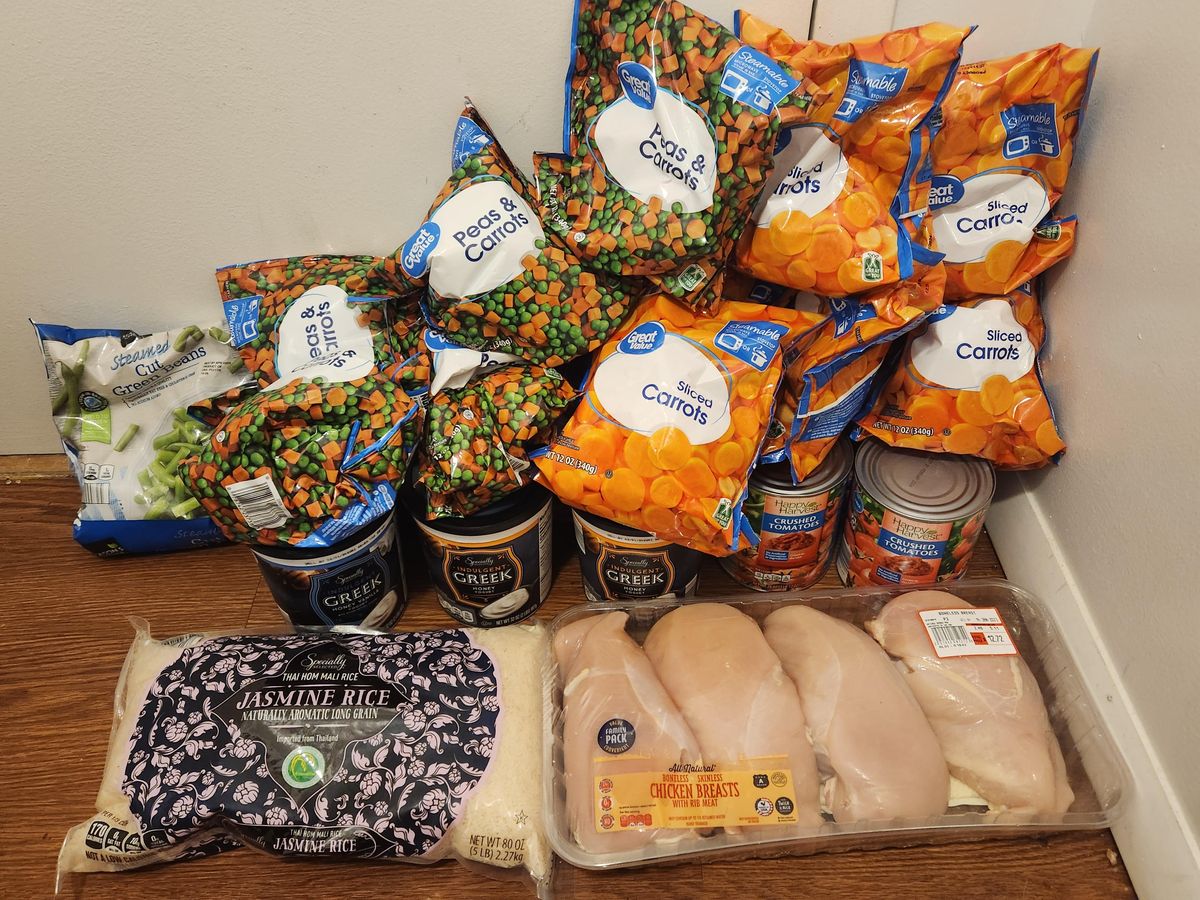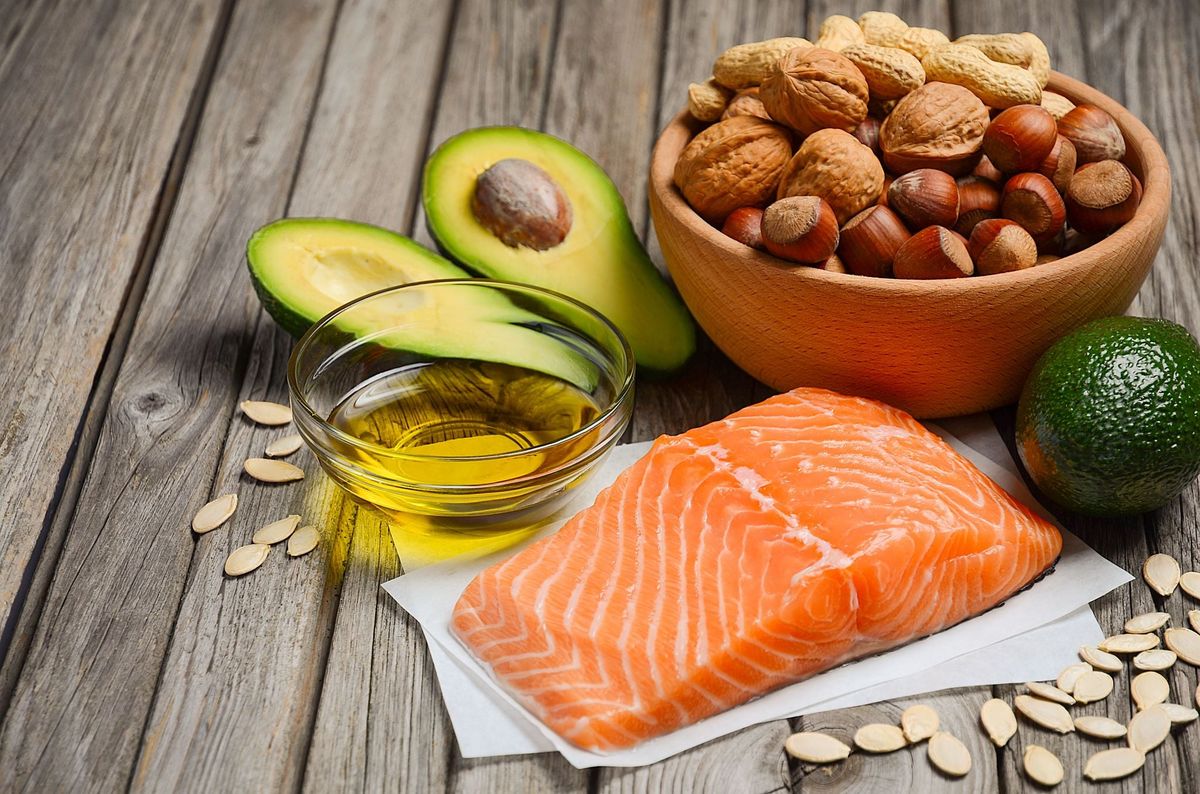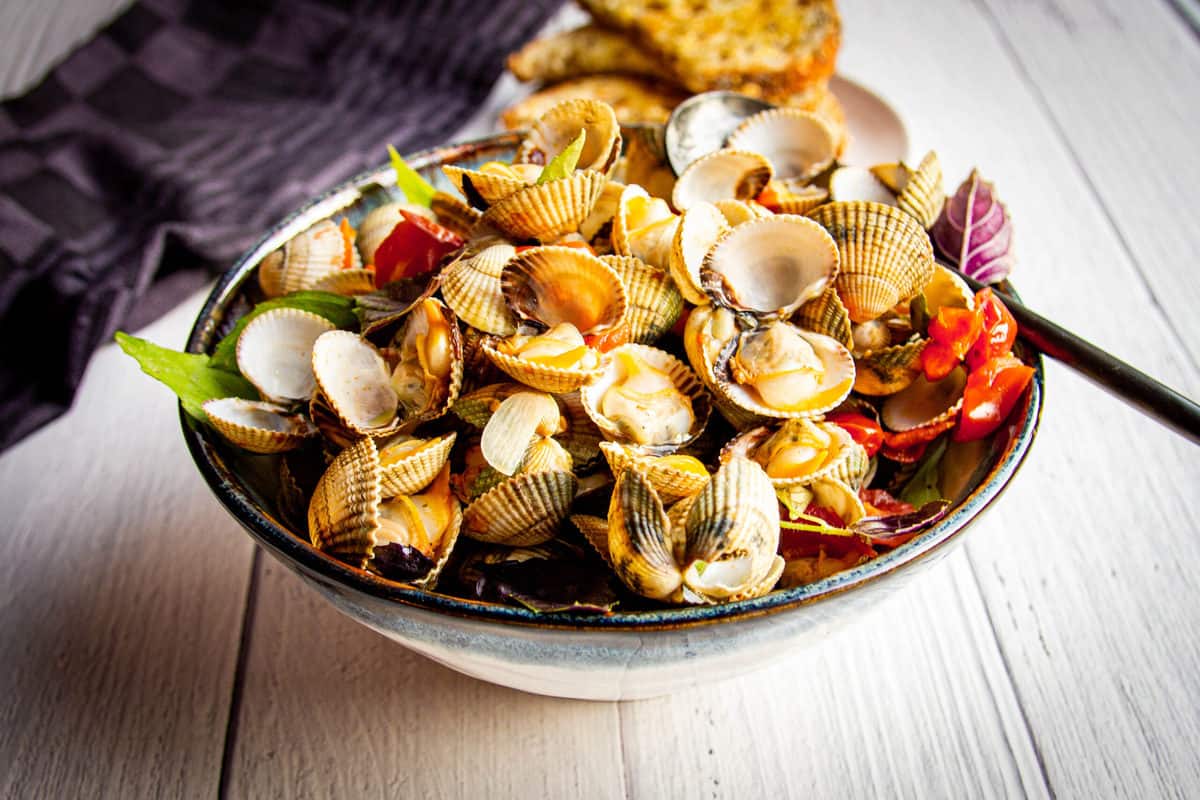Enjoying Feta Cheese Safely During Pregnancy
Congratulations on your pregnancy! As you navigate the do’s and don’ts of your diet during this special time, you may be wondering about the safety of consuming feta cheese. Feta cheese is a delicious and versatile ingredient, but it’s important to be mindful of how you consume it during pregnancy to ensure the safety of both you and your baby.
Understanding Feta Cheese
Feta cheese is a type of soft cheese that is made from sheep’s milk or a combination of sheep’s and goat’s milk. It has a tangy flavor and crumbly texture, making it a popular choice for salads, sandwiches, and other dishes. However, like all soft cheeses, feta cheese carries a risk of containing listeria, a bacteria that can be harmful to pregnant women and their unborn babies.
Safe Ways to Enjoy Feta Cheese
While it’s important to be cautious when consuming feta cheese during pregnancy, there are safe ways to enjoy it without putting your health at risk. Here are some tips for incorporating feta cheese into your pregnancy diet:
- Choose Pasteurized Feta: When purchasing feta cheese, always opt for varieties that are made from pasteurized milk. Pasteurization involves heating the milk to kill harmful bacteria, including listeria, making the cheese safe for consumption during pregnancy.
- Check Labels: Before adding feta cheese to your shopping cart, carefully read the labels to ensure that it is made from pasteurized milk. This simple step can help you make informed choices about the products you consume.
- Cook It Thoroughly: If you’re craving a dish that includes feta cheese, consider cooking it thoroughly before consuming it. Heating the cheese to a safe temperature can help eliminate any potential bacteria, reducing the risk of foodborne illness.
- Pair It with Safe Foods: Enjoy feta cheese in dishes that are made with safe and pregnancy-friendly ingredients. Consider adding it to a salad with fresh vegetables or using it as a topping for a homemade pizza with well-cooked toppings.
Benefits of Feta Cheese During Pregnancy
When consumed safely, feta cheese can be a nutritious addition to your pregnancy diet. It is a good source of calcium, which is essential for the development of your baby’s bones and teeth. Additionally, feta cheese provides protein and important vitamins and minerals that support overall health during pregnancy.
Consult with Your Healthcare Provider
As with any dietary concerns during pregnancy, it’s important to consult with your healthcare provider. They can provide personalized guidance based on your individual health and dietary needs. If you have any questions or concerns about including feta cheese in your pregnancy diet, don’t hesitate to seek advice from your doctor or a registered dietitian.
Conclusion
While it’s important to be mindful of food safety during pregnancy, you can still enjoy feta cheese as part of a balanced and varied diet. By choosing pasteurized feta, checking labels, and incorporating it into safe and delicious dishes, you can savor the flavors of this beloved cheese while prioritizing the well-being of you and your baby. Here’s to savoring every bite of feta cheese with peace of mind during this special time!
